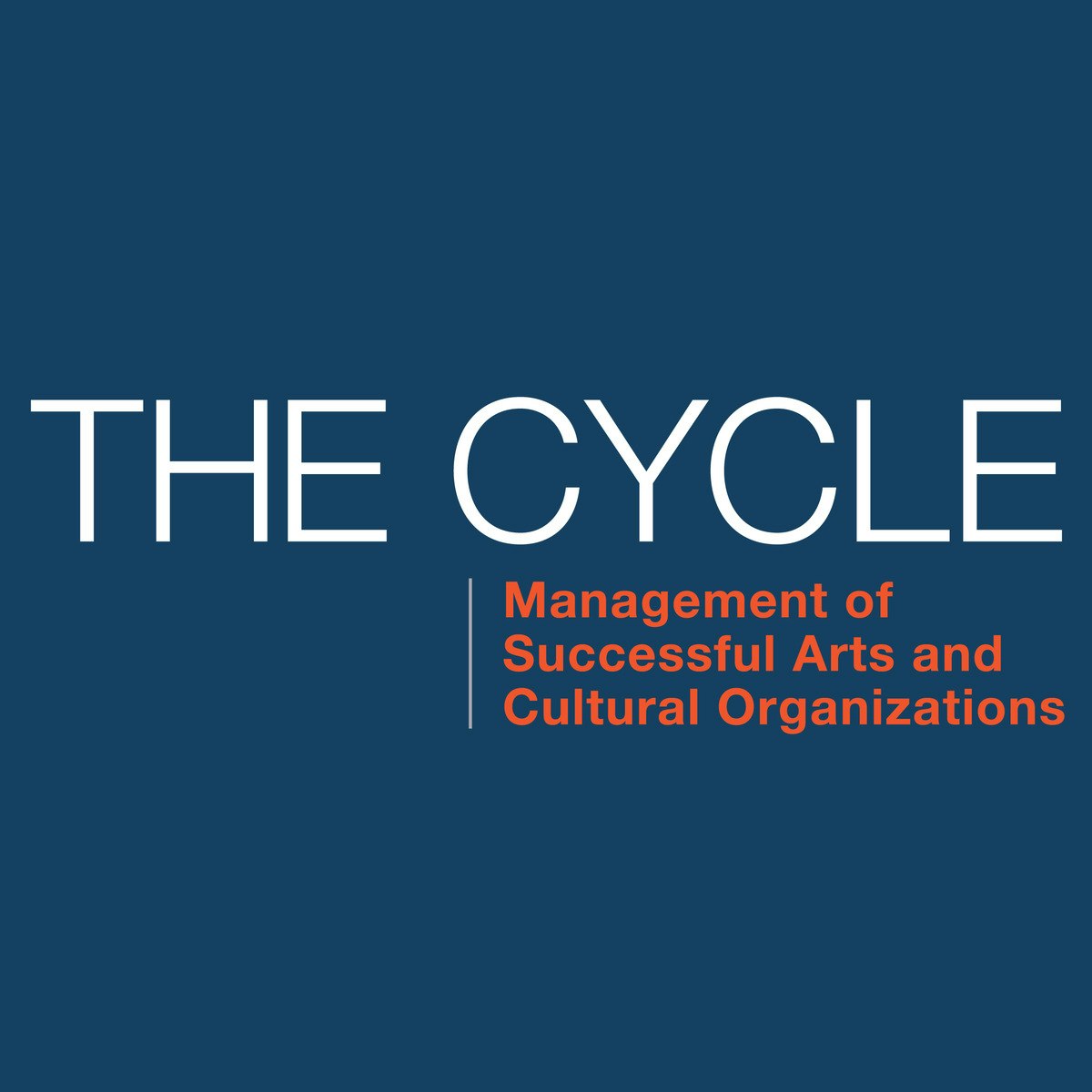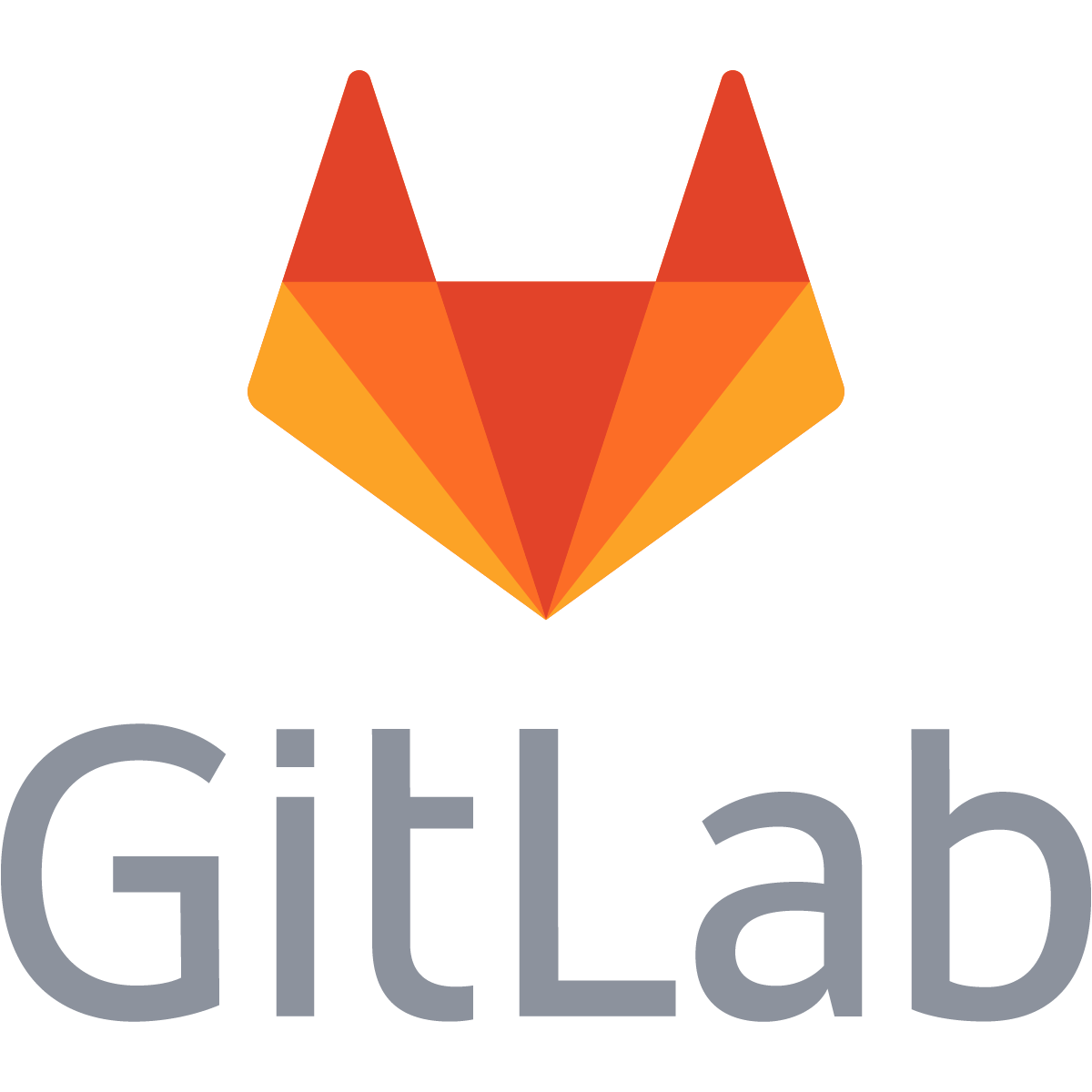Back to Courses









Business Strategy Courses - Page 54
Showing results 531-540 of 543

Advanced Business Strategy
Advance your strategic analysis skills in this follow-up to Foundations of Business Strategy. In this course, developed at the Darden School of Business at the University of Virginia, you'll learn the tools to analyze strategy across time (competitive dynamics), industries (corporate strategy), geographies (international strategy), and institutions (non-market strategy). Top-ranked faculty will introduce the tools you need to complete a comprehensive evaluation and understand the strategy dynamics of an industry: Competitive Lifecycle, Internationalization and Stakeholder Analyses, and Diversification Matrices.

Inbound Sales
In this course, you will learn how to create a successful inbound sales strategy by connecting with and earning the attention of your most promising leads. After learning the basics of inbound sales and the buyer’s journey, you will learn how to develop your buyer persona as well as find and prioritize active buyers. You’ll discover how to reach out to these leads by creating and using an outreach sequence. Next, you will use qualification frameworks to profile and identify the details of your prospects, including their CGP, TCI, and BA. The course will culminate in you applying your new knowledge to design a personalized sales presentation and a multi-step project for developing an inbound sales strategy.
By the end of this course you will be able to:
• Describe the importance of inbound sales
• Develop an inbound sales strategy
• Create your ideal customer profile
• Identify and prioritize inbound leads
• Use social selling
• Enrich leads
• Connect with inbound leads
• Reach out to inbound leads via phone or email
• Use trigger events and common connections to connect to leads
• Create outreach sequence
• Use technology to automate parts of the outreach
• Identify a prospect's challenges, goals and plans
• Understand a prospect's timeline, consequences and implications
• Profile a prospect's budget and authority
• Create a personalized sales presentation
Throughout the course, you will complete exercises that allow you to apply the skills you have learned in a practical way, such as creating a customer profile, writing emails to prospects, brainstorming a list of questions for a sales call, and creating a sales presentation. You will compile your work and submit it as a project at the end of the course.
This course is intended for anyone interested in jumpstarting their career in sales - whether you’re changing careers and looking for an entry-level role, or want to hone your skills in your current role as a sales representative. It does not require any background knowledge or experience to get started.

Innovation for Entrepreneurs: From Idea to Marketplace
Develop insights on navigating the innovation process from idea generation to commercialization. Build knowledge on how to create strategies to bring innovations to market. Develop an innovation portfolio and business model canvas for your venture.
We establish a framework for examining the innovation process, and quickly transition into exploring how to successfully bring innovations to market. Key questions answered within the course include:
* What are the key indicators of innovation opportunities?
* What steps are critical for entrepreneurs to bring innovations to the marketplace?
* What innovation strategies are valuable for new ventures to establish and maintain a competitive advantage?
With this course, students experience a sampling of the ideas and techniques explored in the University of Maryland's master's degree in technology entrepreneurship, an innovative, 100% online program. Learn more at http://mte.umd.edu/landing.

Blockchain for the decision maker
This nanoMOOC is an introduction to the live course 'Blockchain for the Decision Maker', offered by EIT Digital and the Budapest University of Technology and Economics.
You will learn:
- the concept of Distributed Ledgers and how 'blockchain' can provide them
- the difference between public networks (as Bitcoin) and consortial ones bespoke for specific business consortia and needs
- the key value propositions of blockchain for business and a birds-eye view of use case patterns
- the fact that conscious, stepwise "blockchainification" can help you avoid unnecessary disruption and manage risk
- turnkey solutions on the leading clouds enable enterprise integration and rapid introduction
After completion, join the live course and deep-dive into blockchain with face-to-face training, group activities, and hands-on exercises, plus the ‘bring your own problem’ session!

The Cycle: Management of Successful Arts and Cultural Organizations
What makes a successful arts and cultural organization? Led by DeVos Institute Chairman Michael M. Kaiser and President Brett Egan, this course will introduce you to a management theory called the Cycle which supports thriving arts and cultural organizations. Learning from our work with managers from over 80 countries around the world, the DeVos Institute developed the Cycle as a simple, but powerful tool to assist managers in their effort to respond to an increasingly complex environment and propel their institutions to excellence.
The Cycle explains how great art and strong marketing can create a family of supporters, who in turn help the organization produce the revenue required to support even more great art the next year. The Institute has seen the Cycle work in performing and presenting organizations, as well as museums, arts schools, and other nonprofit endeavors like service organizations, historical societies, public libraries, university programs, advocacy organizations, botanical gardens, and zoos.
By taking this course, you will learn:
• the importance of bold, exciting, and mission-driven programming in an organization;
• how long-term artistic planning can help an organization produce this work;
• how an organization can aggressively market that programming and the institution behind it to develop a family of supporters - including ticket buyers, board members, donors, trustees and volunteers;
• how an organization can cultivate and steward this family to build a healthy base of earned and contributed income; and
• how an organization can reinvest that income into increasingly ambitious programming year after year.
All course material is available upon enrollment for self-paced learners. New scheduled sessions begin each month.
For more information about the DeVos Institute's work, visit www.DeVosInstitute.umd.edu.

Assessing Cultural Climate
Assessment is an integral part of any strategic effort. This course provides a familiarization of assessment practices and provides learners with various traditional and nontraditional methods of measurement to assist in making informed improvements to their DE&I initiatives. You will also expand your knowledge in creating bias-free and inclusive evaluation tools with special emphasis placed on assessing organizational climate and culture.
By the end of this course, you will be able to:
1. Examine the benefits of benchmarking DE&I efforts internally and against other institutions.
2. Identify variables related to DE&I assessment and how the peer review may be used in this approach.
3. Discover the elements of a successful DE&I statement and how to assess its effectiveness.
4. Describe how ethnography and strategic foresight can be used to address systemic discrimination, social justice and other DE&I concerns in your organization.

Choosing Which Method Is Best For Illustrating Data
By the end of this project, learners will be able to choose a method for illustrating data. They will learn about different types of graphs and which type of graph is best suited to the type of information you want to share. Tableau is a great tool to use if you have plans to display data for making business decisions.

How To Land the Job You Want (Capstone Project)
In the capstone project, you will combine the skills you’ve learned in the prior four courses of the specialization to polish your elevator speeches, complete your resumes - including multiple versions for different targets - complete your story file, identify possible jobs or careers, perform the research you have learned to do, write suitable cover letters, and ideally land a job!
You will:
1. Develop a personal marketing plan and campaign for getting interviews.
2. Identify at least three organizations with open positions for which you want to apply.
3. Research those organizations and positions.
4. Prepare pitch sheets and J.I.S.T. cards (mini-resumes) targeting those positions.
5. Complete your resume, and if necessary complete multiple versions to target each position.
6. Write appropriate cover letters for the positions.
7. Record and evaluate responses to a set of standard interview questions.
8. Record and evaluate responses to a set of predictable behavioral interview questions.
9. Record and evaluate a response to one situational interview question.
10. Record and evaluate a response to one wild-card question.
As the specialization has focused throughout on the real-world skills you need to research yourself, the market, and a company and has given you strategies and tools to prepare for and succeed in an interview, the capstone project should align with what you have been trained for and position you to land the job you want!

Value Creation and Building Enduring Relationships
The most effective leaders in complex technical organizations are successful leading the performance of large-scale technical endeavors. These leaders have generally established a network of professional relationships, supporting them throughout their career. This third Leading Technical Organizations course, "Value Creation and Building Enduring Relationships", explores techniques for building relationships that have a multiplicative impact on business success. The course provides insight into how authentic leadership yields employee engagement that is critical to strategizing, planning and performing large scale technical endeavors.
This course can be taken for academic credit as part of CU Boulder’s Master of Engineering in Engineering Management (ME-EM) degree offered on the Coursera platform. The ME-EM is designed to help engineers, scientists, and technical professionals move into leadership and management roles in the engineering and technical sectors. With performance-based admissions and no application process, the ME-EM is ideal for individuals with a broad range of undergraduate education and/or professional experience. Learn more about the ME-EM program at https://www.coursera.org/degrees/me-engineering-management-boulder.

How to Manage a Remote Team
Remote management is much more than just implementing a work-from-home policy. In this course, you’ll learn and apply remote work best practices, build your remote work policy, and prepare your team for success.
This course is ideal for current managers, executives, and human resources professionals who want to learn how to lead and support a high-functioning, scalable remote team. GitLab is one of the world’s largest all-remote organizations; experts from throughout the company will guide you through in-depth lessons for leaders, people managers, and HR professionals to build, manage, and scale.
By the end of this course, you will be able to:
- Lead in a remote environment
- Build a remote organizational culture and practices
- Assess teams’ and managers’ readiness and preparation for remote work
- Create a foundational strategy for executing a remote transformation
For the final project in this course, you will create a real or hypothetical strategic plan to transition a team to remote operation. You will assess your organization's remote maturity and infrastructure, and identify the best team structure for remote operation — including determining whether to use an all-remote or remote-friendly model. You'll outline plans for documentation, education, leadership, and equipment or resource needs for your unique organization.
This is an intermediate-level course, intended for learners who have previous experience managing or leading people. To succeed in this course, you should have at least one year of management experience. No remote experience is required.
Popular Internships and Jobs by Categories
Browse
© 2024 BoostGrad | All rights reserved


